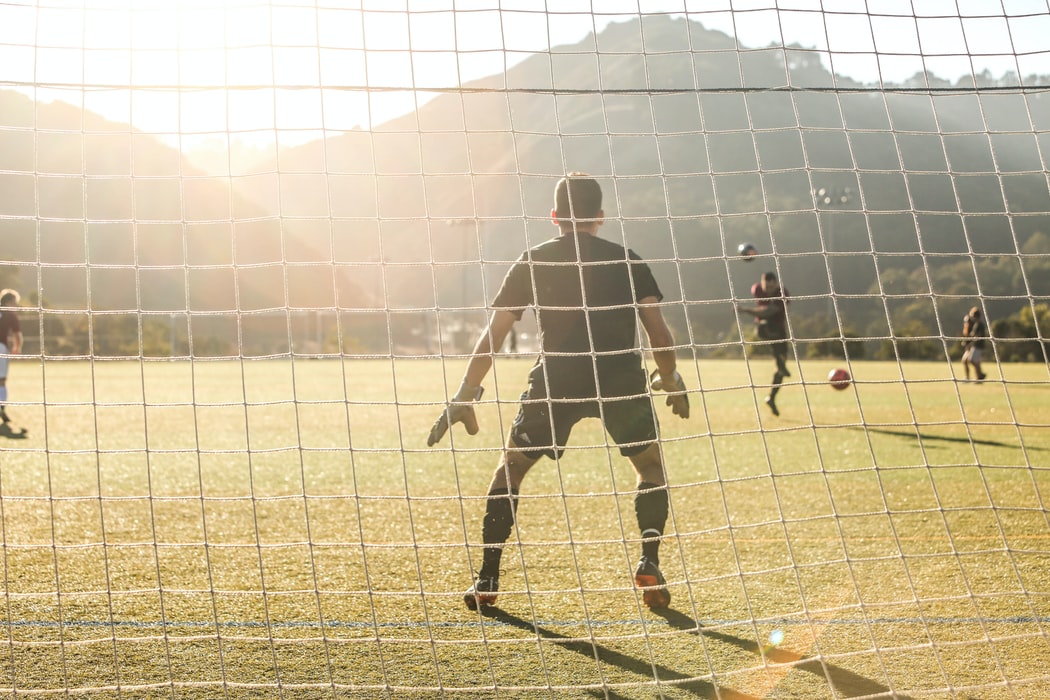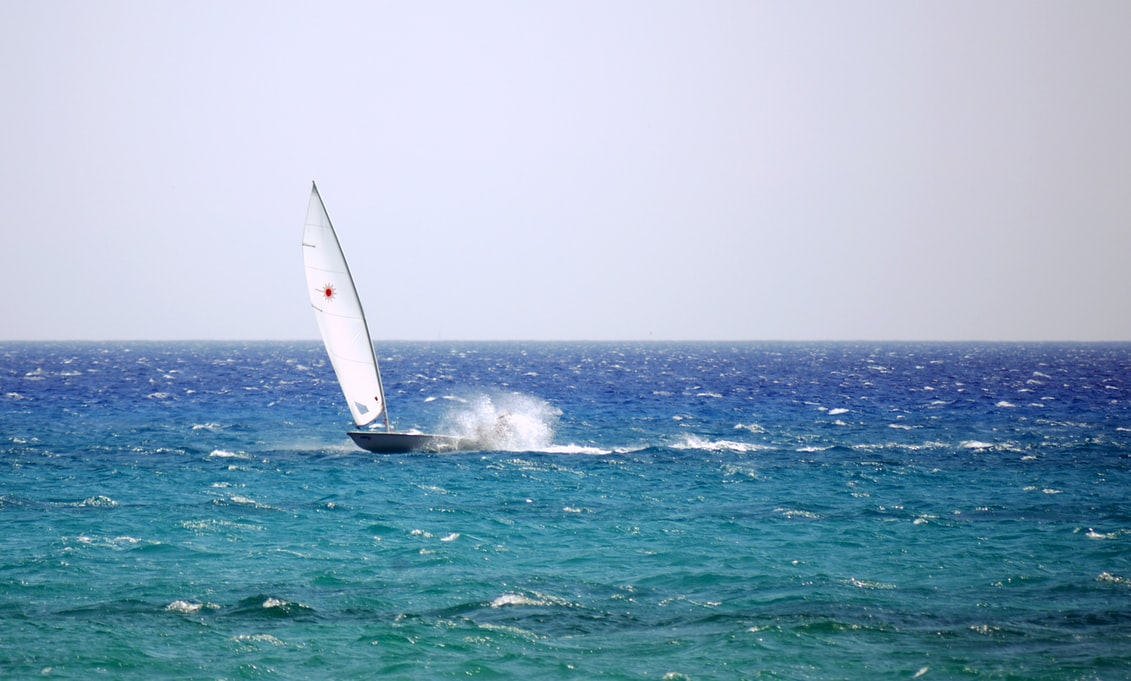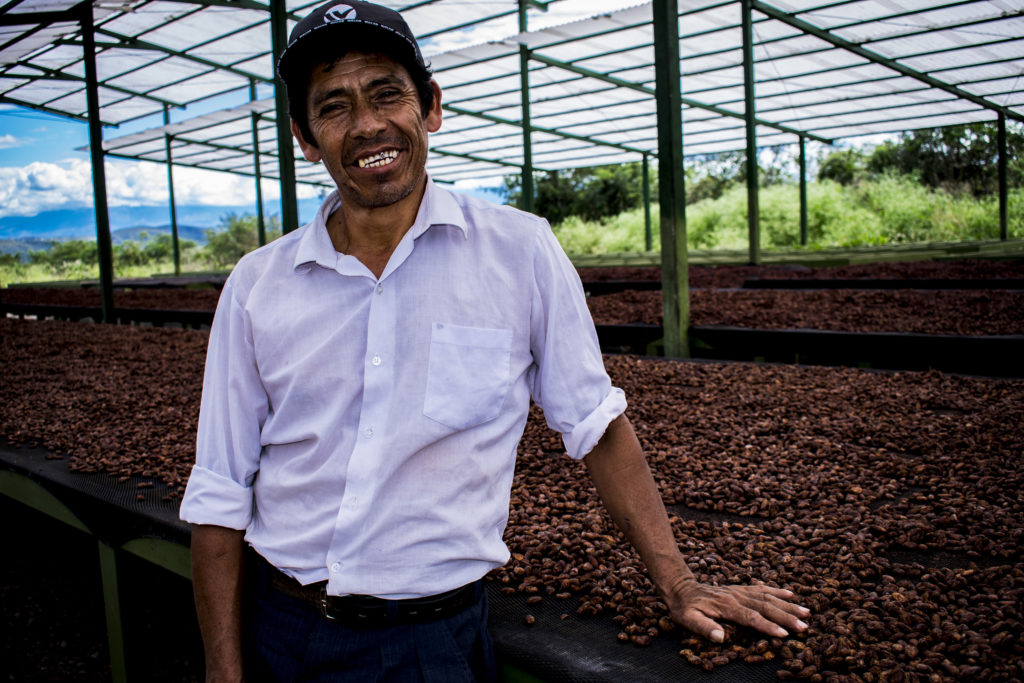As sports fans around the world rejoice and high-level sports once again grace our television screens, thoughts of how our number one source of entertainment affects our climate – through its global carbon footprint – is almost certainly not at the forefront of many people’s minds.
Germany’s Bundesliga led the way as the first major football league to return to action following the enforced Covid-19 lockdown, closely followed by Spain’s La Liga and England’s Premier League. The uniquely common theme amongst these powerful leagues was the lack of spectators on the grounds, a phenomenon few could have envisioned a few short months ago.
Currently, the only major league with fans on the grounds is New Zealand’s Super Rugby Aotearoa due in no small thanks to the country’s highly efficient handling of the Covid-19 outbreak.
Whilst there is no doubt that sports stadiums will certainly see sold-out crowds in the not too distant future, the question that we should be asking is “could we see another situation like this in the future?” Whilst a global pandemic is now clearly always going to be a possible concern for professional sport the reality of our global climate change is evident for all to see and could well be the next big disrupter of professional sports.
A study conducted by Academic Mr. David Goldblatt for the Rapid Transition Alliance shows that by 2050 23 of 92 English Football League clubs will face annual partial or full flooding of their stadiums. Whilst a statistic like this may appear distant and perhaps not catastrophic, it is worth noting that we are in-fact already feeling the effects of such change.
In 2019 alone the Rugby World Cup for the first in its 32-year history saw matches canceled due to inclement weather as Japan experienced the full force of Typhoon Hagibis. Whilst the 2020 Australian Open was disrupted by smoke due to Australia’s bushfires, even the scheduled 2020 Tokyo Olympics was set to feel the effects of climate change with the long-distance running events moved north of the capital as the city’s now extreme summer heat is becoming unbearable and unsafe to compete in.
Whilst climate change skeptics and deniers will claim that these are isolated incidents or perhaps that we have always experienced dramatic climate events, the science speaks for itself. Global sport contributes greatly to global CO2 emissions with the International Olympic Committee (IOC) alone producing the same level of CO2 as Barbados, with Mr. Goldblatt estimating that Global Sport produces an annual CO2 emission that is equivalent to a country as populous as Angola.

Whilst all sports are set to feel the effects of climate change there can be no doubt that Winter Sports will be the first suffer. The 2010 Vancouver Olympics being a prime example with the organizers saying that the event was a major challenge to the organizer and run due to “Warmest weather on record.”
Fast forward four years and the Sochi Olympics was even warmer with competitors and organizers alike battling with a lack of snow.
In a study conducted by the University of Waterloo, it is now estimated that of the previous 19 locations used for the Winter Olympics only 10 will be usable by 2050 and just 6 by 2080.
So, what should and will be done?
The most obvious answer of course is for international sporting boards to commit to ensuring that sports is completely carbon neutral by 2050. Whilst thirty years is a long time in many facets of life it is not in the context of our planet. According to the Intergovernmental Panel on Climate Change, the time frame is actually closer to 10 years.
To their credit, many sports federations and organizing authorities have committed to becoming carbon neutral with major players such as FIFA, World Athletics, and the IOC leading the way. In an aggressive and positive step forward the IOC now aims that from 2030 the games will not only be carbon neutral but in fact, carbon-negative whilst FIFA has declared that the Qatar 2022 Football World Cup will be carbon neutral.

The challenge facing, in particular, the IOC is its ability to control individual sports, hosts, and governments. With 33 different sports comprising the summer Olympics alone, the IOC cannot rely on one-off initiatives from sporting bodies but must ensure a collective move towards carbon neutrality.
A prime example of a sport that will need to continue to strive towards offsetting its carbon footprint is sailing. Whilst many will associate the sport with the ocean and as a result that it is clean, the production methods used to produce boats, the plastic waste deposited in the water, and the global calendar that sees athletes travel the world on a regular basis must be looked at.
World Sailing has certainly taken steps in the right direction with its aim to cut emissions at events by 50% by 2024 and have all boats become 90% recyclable by 2028.
These are lofty targets and as someone who has competed at a high level on the international sailing circuit and studied yacht production, I can attest that these goals are going to take a monumental effort by the sport as a whole.

Whilst these plans are certainly a positive step in the right direction, actions speak louder than words, and until the results are produced and verified global sport will continue to be a major contributor to the negative effects our global climate is experiencing.
What is clear in today’s society is that sport unlike anything else has the ability to unite, inspire, and generate hope. This platform must be used to educate, promote, and ultimately lead change in our societies and become a beacon of what can be achieved when a collective effort is made.










